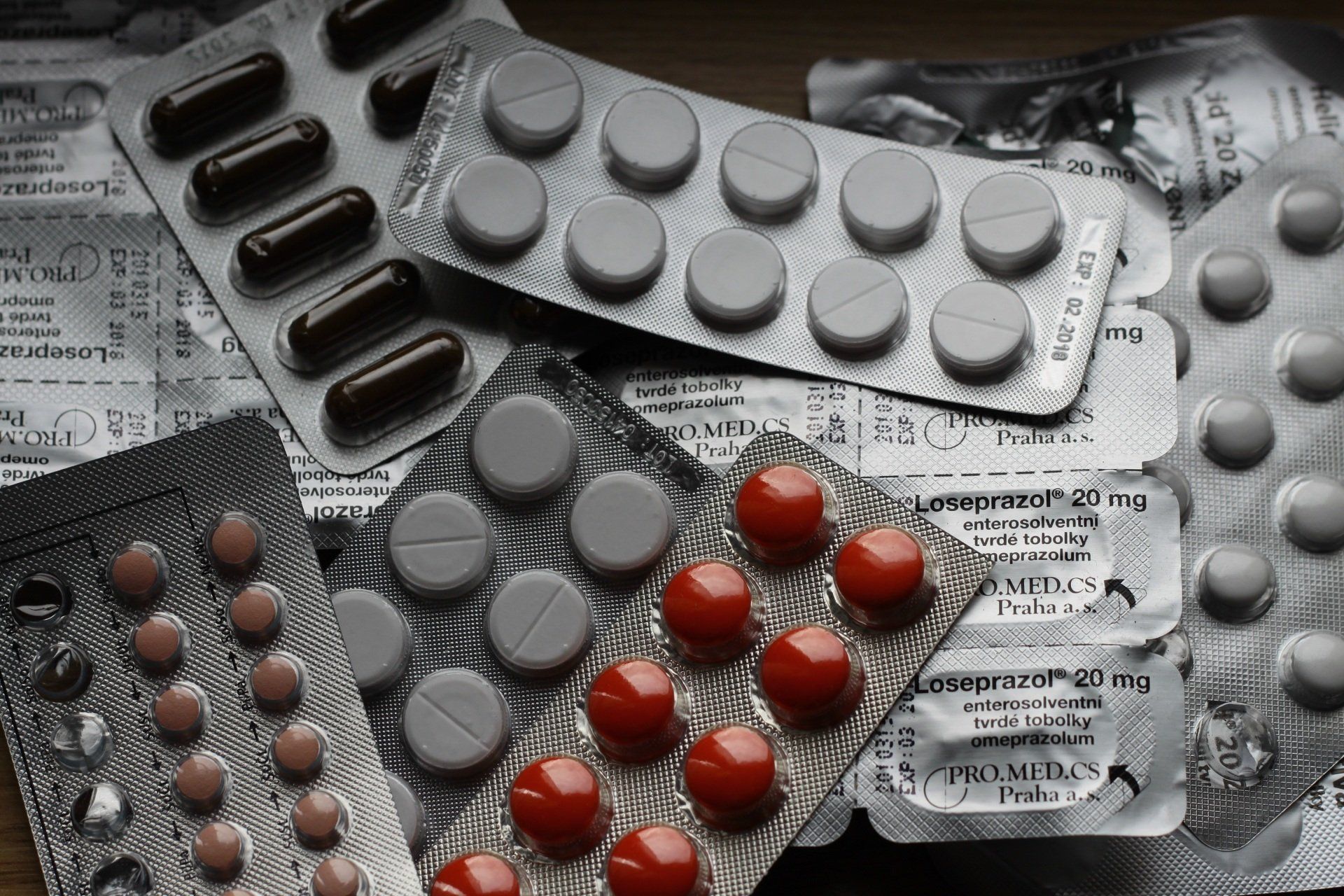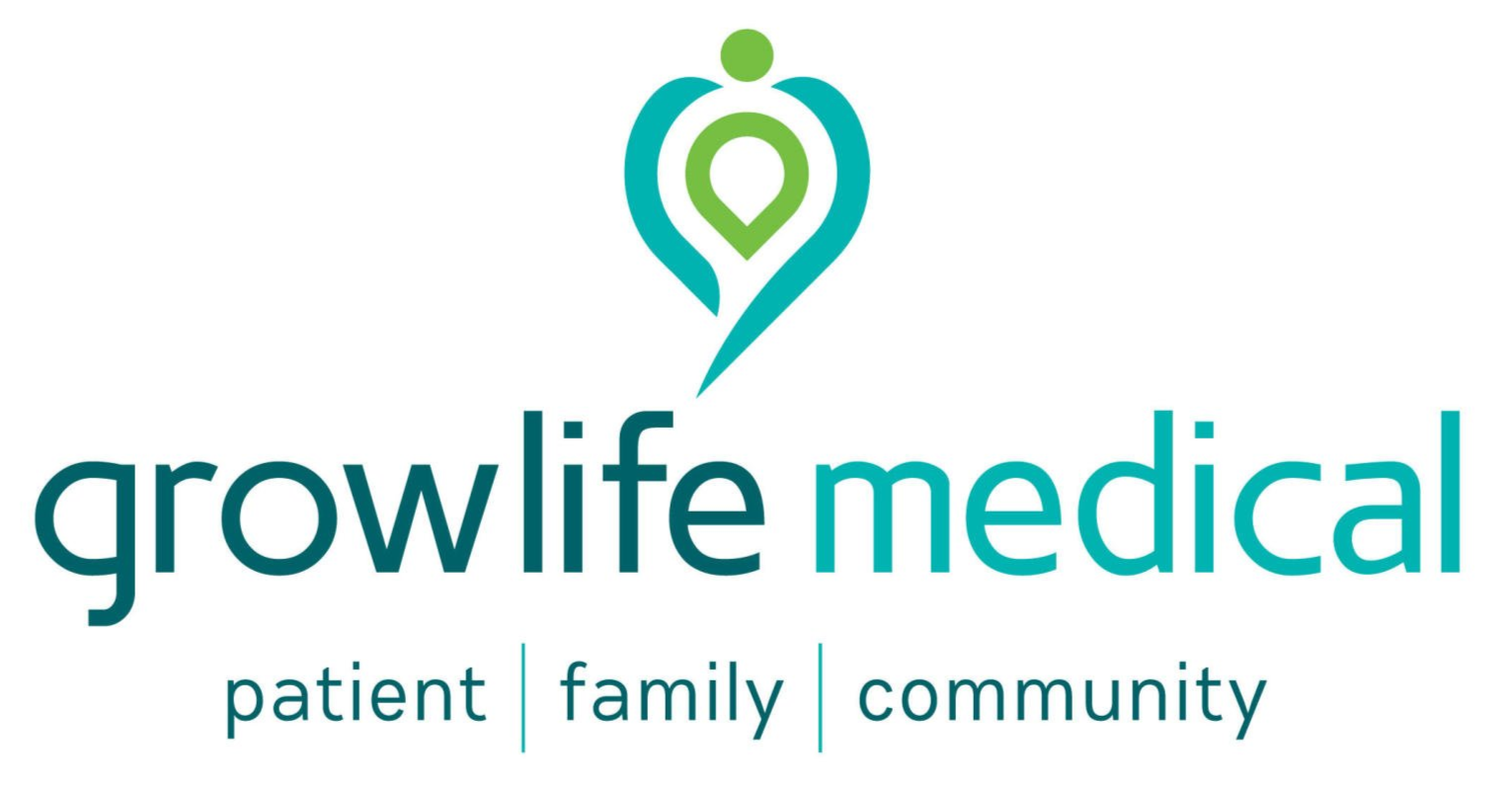Getting The Most From Your Medicines
Do you take at least one prescription medicine from your GP?
Can you answer the following questions?
- How much do you take and how often do you take it?
- Do you need to take it with food, or an empty stomach?
- How does the medicine work and how do you monitor to see if it is effective?
- Is the medicine able to be used with your other medicines or vitamins?
- What are the side effects?
- Do you know what to do if a problem occurs?
- What do you do if you miss a dose?
- How do you store the medication appropriately?
- How do you dispose of the product, or any syringes/needles required?
If you can answer all of the above, then well done!! If not, keep reading ...
How To Take Your Medicine
By law, every prescription medicine dispensed in a pharmacy must have a label adhered to explain the medicine name, the patient and prescriber details, and directions for use. Here, you will also see other special instructions, such as the time of day to take the medicine, or if it needs to be with food. Where relevant, other special considerations will be included, such as, “Avoid alcohol”, “Do not drive or operate machinery while taking this product”, “Do not use calcium or iron supplement”. Remember, it is always good practice to ave a chat to your GP or pharmacist if you are unsure.
The Benefits Of Taking Medicine
You don’t need to have a degree in medicine to understand how your medicine works! A simple statement such as, “this medicine lowers my blood pressure’, ‘this medicine prevents my gout attacks’ may be sufficient. Sometimes this knowledge of the benefits of taking the medicine can motivate people to continue treatment and be an engaged partner in their health care. Certainly, if you are keen for more information feel free to ask at your next Doctor’s appointment.

Is Your Medicine Working?
Monitoring a medicine’s effectiveness is more obvious for some medicines than others. For example, it is relatively easy to monitor the effectiveness of a blood pressure medicine with regular blood pressure checks. This is different for preventative or long-term medicines where a person may be using them to ensure their health is maintained over a long-time. Regularly using a medicine for a chronic disease that you cannot see or feel can be a challenge for some.
Confused About Generic Medicines?
If you have been using medications regularly, you will have noticed a change in the way medication names are written on your prescriptions and medicine boxes. These changes were made as a safety decision to avoid accidental duplication of medications that may occur when different brand names are used. By law, now you will see the medication written by its active ingredient (also known as drug or chemical name), followed by the selected brand name (often in brackets). Have a look for this next time you obtain a prescription.
Make A Medication List
Keeping an up-to-date medication list is a vital tool to assist medication management. This is particularly useful if you use several different medications, or see different specialists, as well as your GP. This list can be taken to your appointments and up-dated as required. You may like to include the generic drug name on this list, as well as your preferred brand of medication for reference.
Some people like to keep a written list on their fridge at home, and this is useful medicine list template. If you prefer to keep this list electronically, have a look at the Medicinewise app.
Side Effects of Medicines
Even the common side effects known to be caused by a medication may only cause problems for a few people taking them. Often, if one medication for a condition causes problems, an alternative may be suitable. If you feel you are experiencing side effects from a medication, make an appointment to discuss this with your GP. Where needed, your GP may refer you for a Home Medicines Review where a specialist pharmacist will chat with you about your medicines and ensure all doses and combinations are safe and effective for you. If needed, they will talk to your GP about changes that may be made to ensure you get the most from your medicines.

Using Medications Together, and with Vitamins
If you are taking more than one medicine, it is vital to ensure that the different products can be used together. Medicines commonly interact with other medicines, and even vitamins and supplements. The solution depends on the medicines involved, and may include taking them at different times or day, or trying an alternative. It is important to remember that just because a product is labelled “herbal” or “natural” that it may still cause side effects, or interact with other medicines. ALWAYS check with your GP or pharmacist when starting any new medicine or herbal product.
Double Ups and Missed Doses
Almost everyone who uses medicines will, at some point, report forgetting to take them at the scheduled time, or accidentally doubling them up. The consequences of this depend on the medication and the person involved, but can be quite serious. If you do find yourself in this situation, contact the Growlife Medical team for advice on medicines.
For advice after hours, you can always contact the Poisons Information phone line on 13 11 26 (available 24 hours a day, 7 days a week).
As always dial 000 in the case of emergency.
How Should You Store Your Medications
Most medicines can be stored at room temperature. Select a shelf or drawer in a cool room of the house. Whilst convenient, the kitchen and bathroom may not be the most suitable here due to heat and steam affecting the quality or use of the medicine. It is vital to keep medicines out of reach of children (and pets) for their own safety. For some families, a lockable cupboard may be a good option for medication storage.
Some medications will need to be kept in the fridge to ensure the product lasts. Examples include eye drops, injectable medicines and some medicines for thyroid. This will be clearly marked on the medication packaging.
If the product says to keep at room temperature, don’t put it in the fridge just in case, as this can sometimes cause problems with stability of the product.
Don’t forget to check the expiry date on your medication!
Disposal of Medication
You can return unwanted medication, or medication past the expiry date, to your local pharmacy for safe disposal.
If needed, Sharps bins are available to purchase from local pharmacies, to dispose of any needle tips, or pre-filled syringes.
Empty blister packs or bottles may be discarded in general waste, or some facilities are now offering recycling for blister packs.
If this article has raised questions about your medicines or you would like to enquire about getting the most from your medicines via a
Home Medicines Review, contact the
Growlife Medical team for an appointment.

